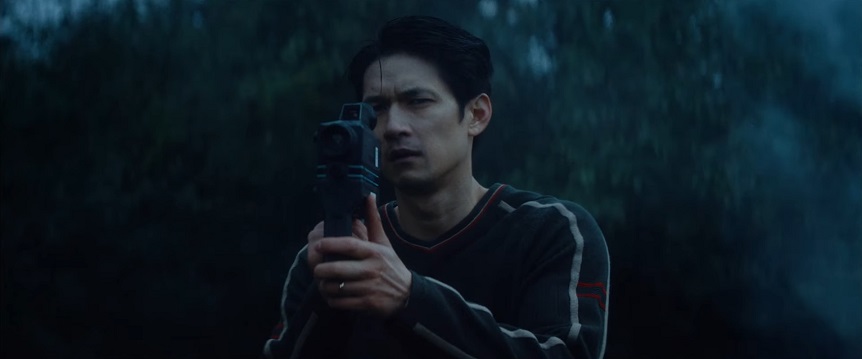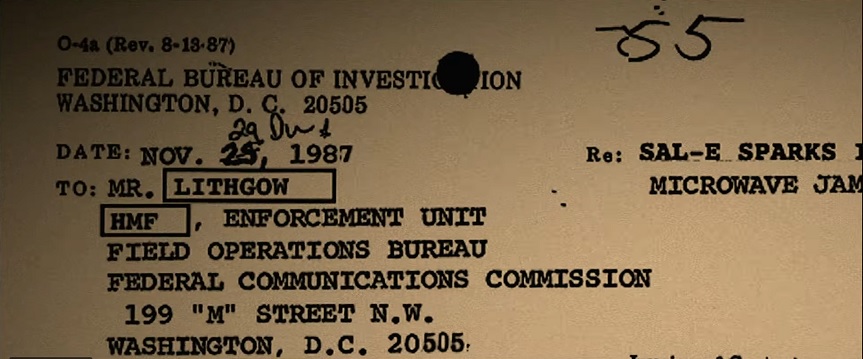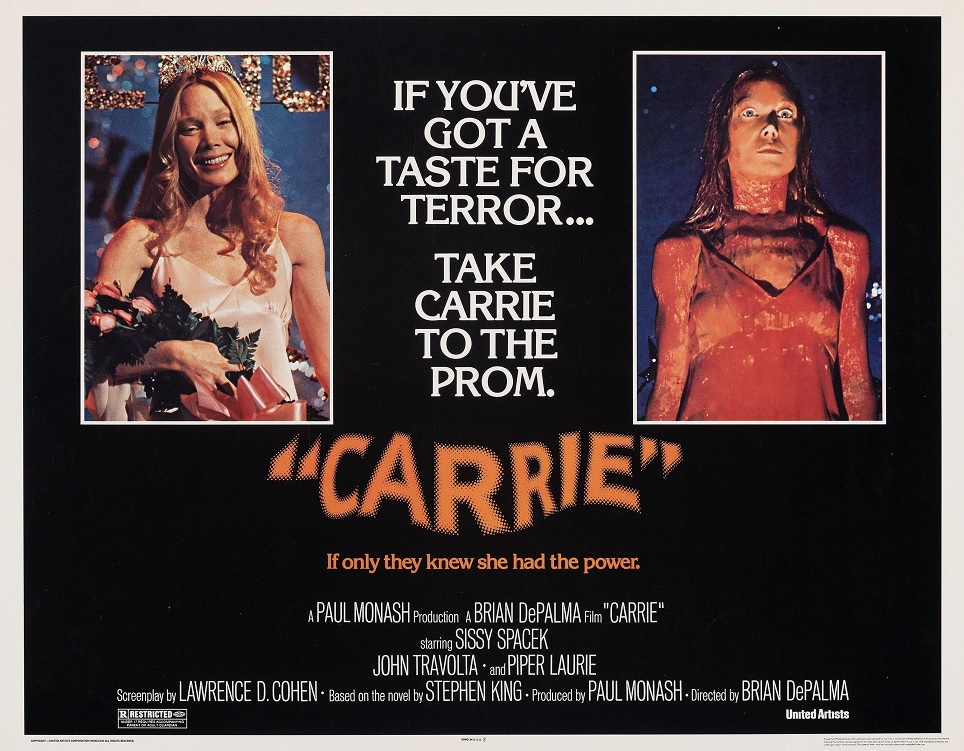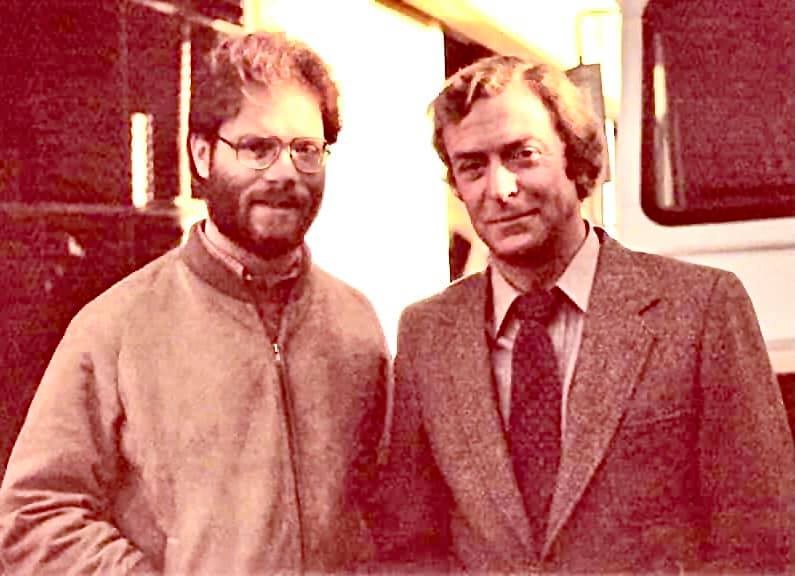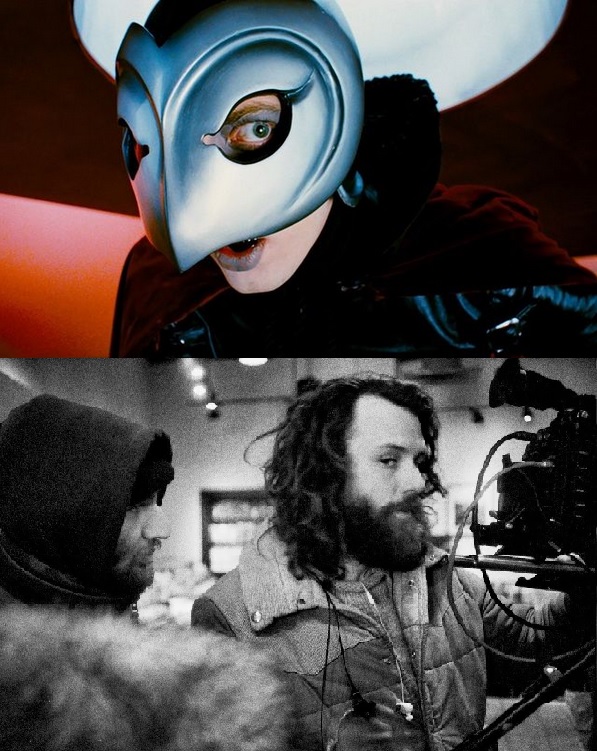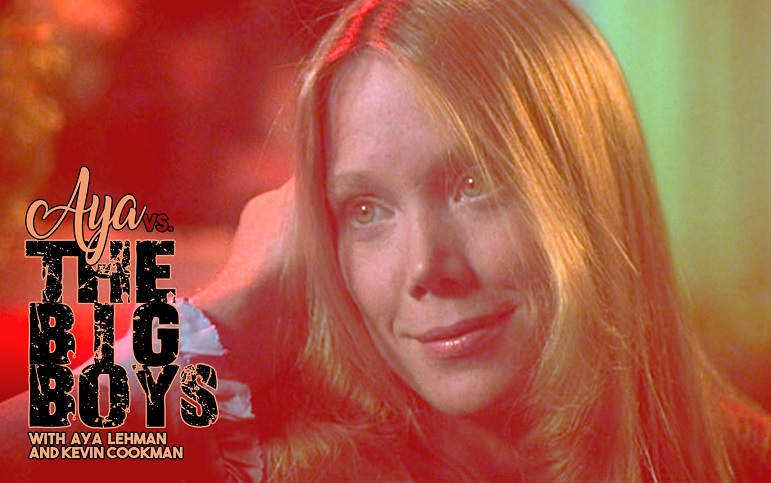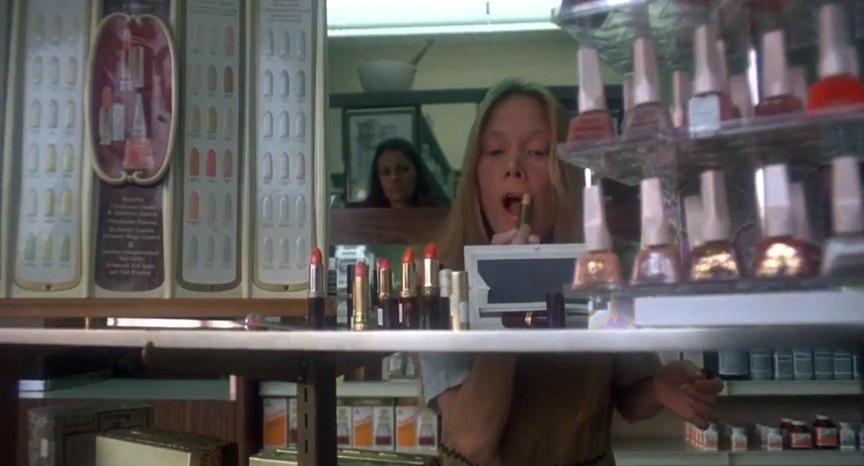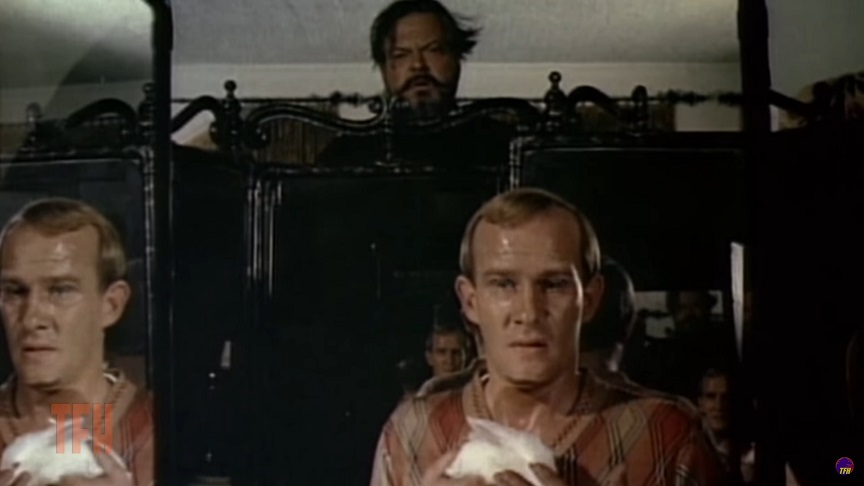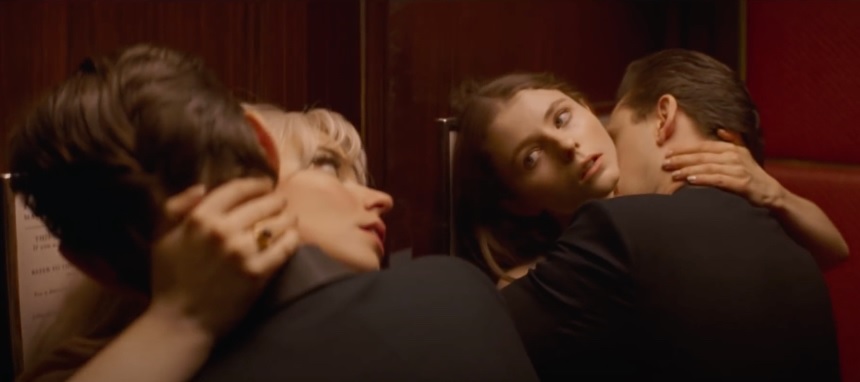HIS FILM 'BROADCAST SIGNAL INTRUSION' IS RELEASED TOMORROW
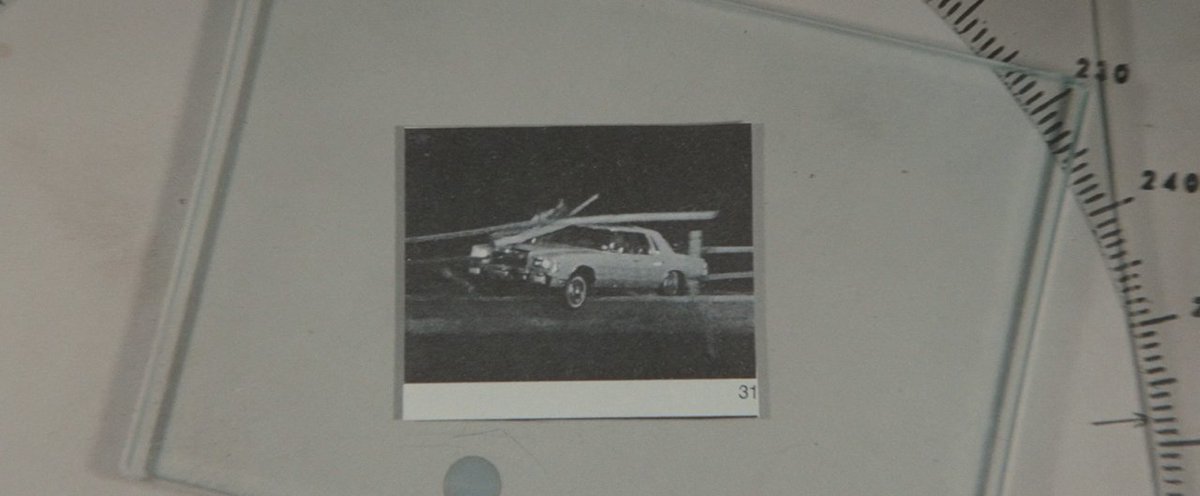
A frame capture (below) from the trailer for Jacob Gentry's 1999-set thriller Broadcast Signal Intrusion reveals a "Mr. Lithgow" in an FBI report. It turns out that Brian De Palma's Blow Out is a definite inspiration, as Gentry tells Gizmodo's Cheryl Eddy:
io9: Broadcast Signal Intrusion has some very noir vibes (the score backs this up) but it’s also very much a mystery thriller about discovering something that most people haven’t noticed. How did you strike that balance in tone?Gentry: I’m such a lover of noir in my life, and my previous film was very much in the form of a noir movie with those tropes. But for this one, it was really about ‘70s paranoia thrillers, movies which are a descendant of noir in a lot of ways — like Alan J. Pakula’s paranoia trilogy Klute, The Parallax View, and All the President’s Men, and then the other triptych of Blow Up, The Conversation, and Blow Out. Blow Out is a touchstone movie for me, it’s one of my favourite movies. I’m a [Brian] De Palma super fan. So, of course, all those things start to come together. The score, which a lot of people say sounds noirish, is actually — if you listen to some of the Michael Small music from movies like Marathon Man and Parallax View and Klute, it has very much the DNA of those, which I think pulls from the sort of prime period of film noir, and it’s almost an identifier for the audience. There’s this darkness, there’s mystery, but there’s also kind of like a sleaziness. You want to build paranoia, but you also want to kind of give the idea of loneliness and isolation and those sorts of things. Ben Lovett, the composer, obviously does a lot of that heavy lifting.
io9: I definitely thought of Blow Out during the scene where James and Alice (Kelley Mack) are listening closely to one of the tapes, trying to hear the hidden sounds.
Gentry: Yeah, there’s definitely some — I call it “process porn,” and it’s something I love. You know, whether it’s something like John Travolta forensically analysing his sound tapes to discover a conspiracy, or James Caan [in Thief] with the intricate Michael Mann shot process of breaking into a safe. I love watching that if it’s done well and it’s always fun to try to make compelling.
io9: The ending, without giving too much away, dips into a very surreal place, kind of capping off the movie’s slow descent into a world that doesn’t quite feel real. What do you want audiences to take away from that last scene?
Gentry: I think the ultimate reaction, the sort of hope or dream, would be a really good parking lot conversation, or whatever [the equivalent of that would be] if you were to watch it at home and discuss it online. Some of my best moviegoing experiences are when you have a really good discussion about it afterwards and it sticks with you. Even if you don’t like it at first, there’s perhaps things you can discover about it. Some of my favourite movies or movies are ones that I was a little bit conflicted on. We took a lot of inspiration from Zodiac, a movie I was kind of unsure about when I first saw it, or even more recently, something like Under the Silver Lake. My wife and I were coming out of that and it was like, “I don’t think I like that movie,” and then we proceeded to talk about it the entire ride home. You know what I mean?
So that’s really the goal — hopefully it will be compelling and exciting and thrilling and unsettling. But also, if you so choose, there’s interesting things that can be discussed. Some of the most interesting conversations about this movie I’ve heard are when there’s someone who was like, “I hated the end of that movie,” and another person who wanted to defend it. And I couldn’t ask for anything better than that.
